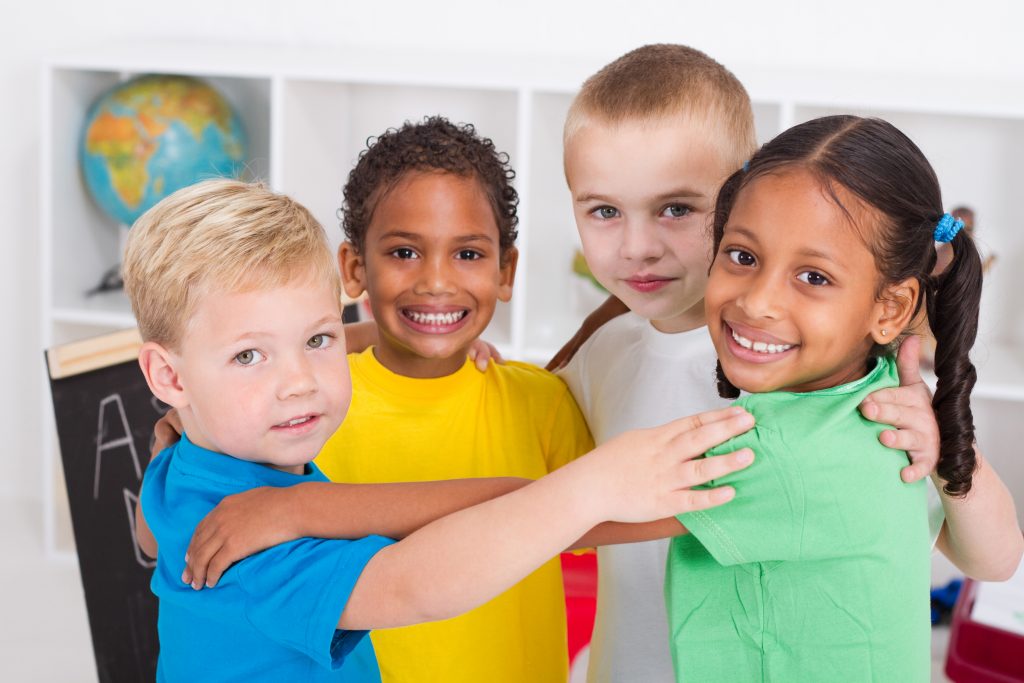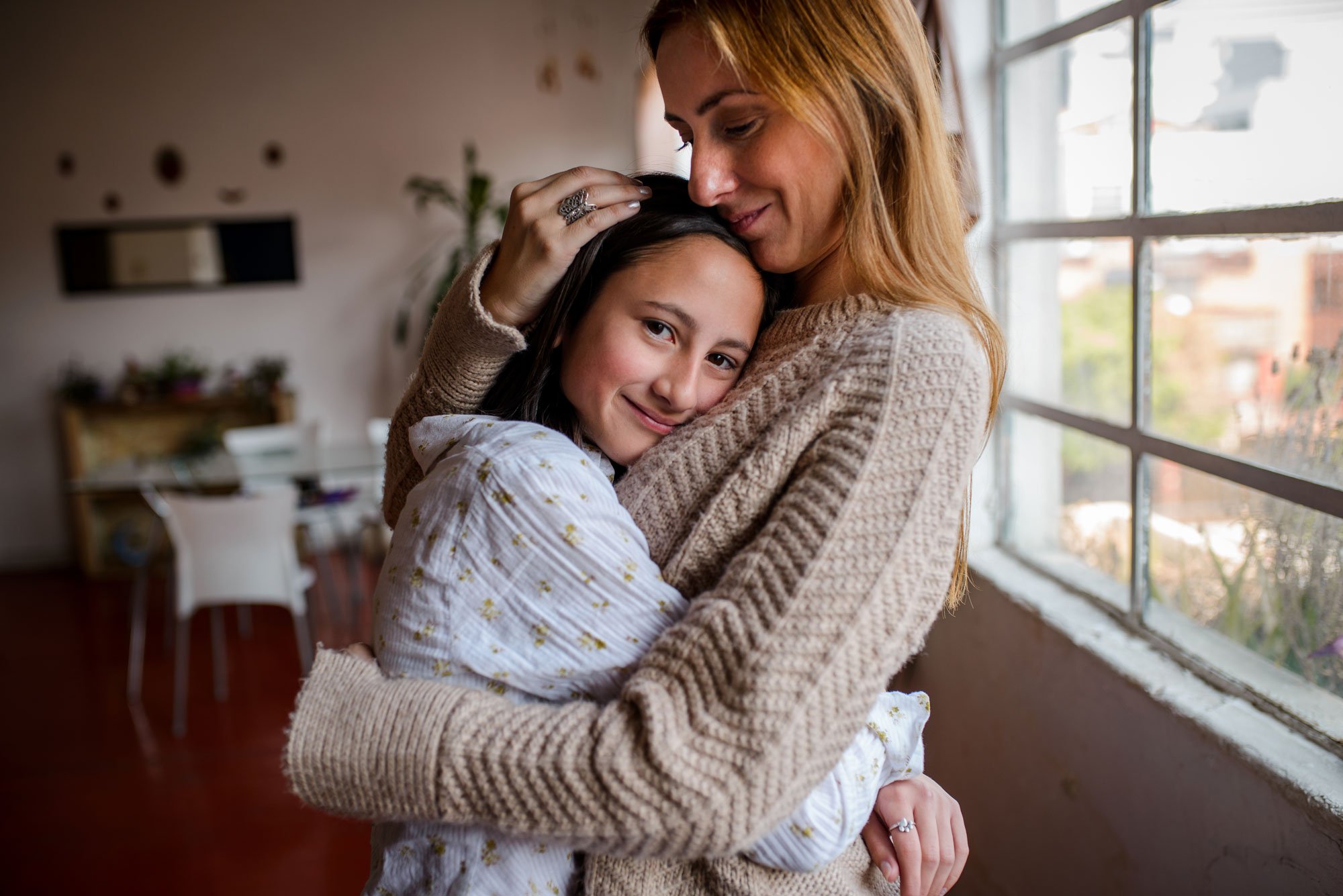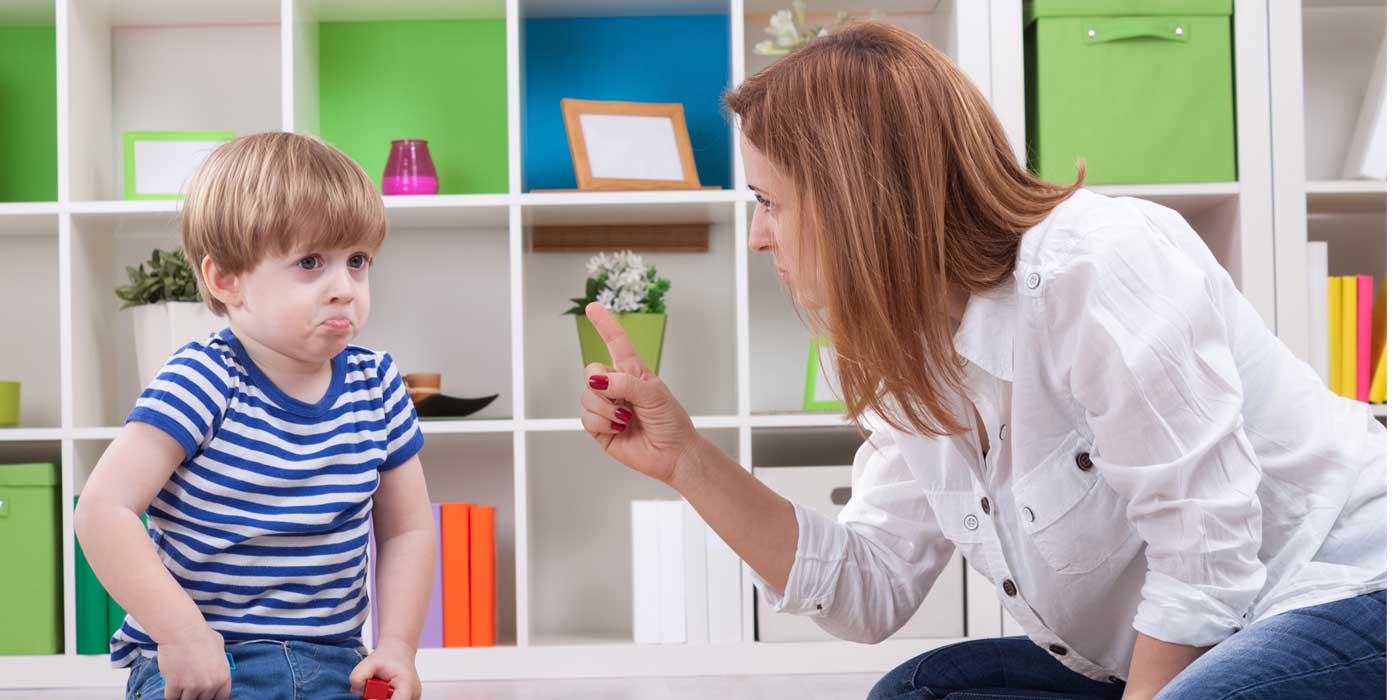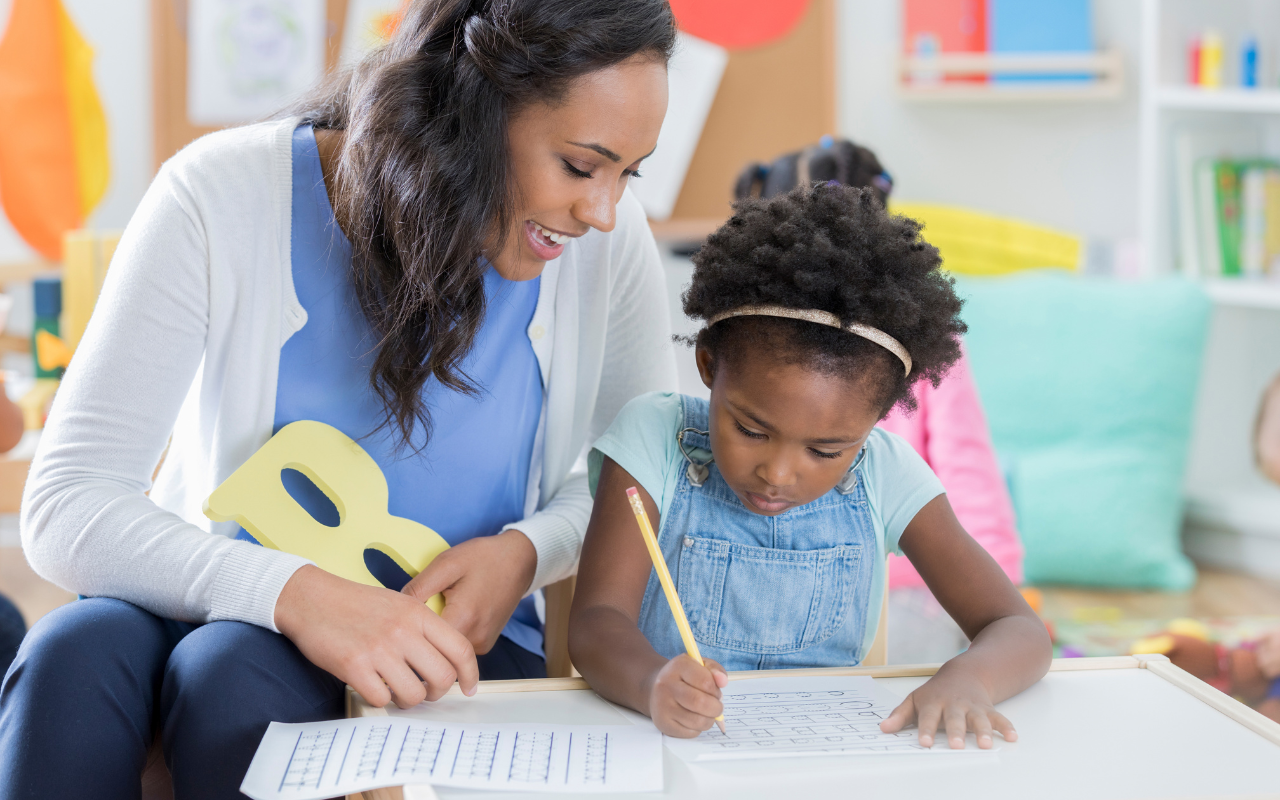10 Best Techniques to Boost Special Needs Childrens Social Skills
Boost your special needs child’s social skills with structured play activities promoting turn-taking and problem-solving. Encourage positive peer interactions to build friendships and teamwork. Consider social skills training programs for enhanced communication and empathy. Utilize visual aids and communication boards for better interaction. Teach emotion regulation through mindfulness and relaxation techniques. Try social stories and role-playing for skill development. Explore peer-mediated interventions and collaborative play groups. Foster empathy with positive role models and mentorship programs. Remember, mastering these techniques can transform your child’s social interactions and overall well-being.
Key Takeaways
- Structured play activities like play therapy and turn-taking practice enhance social skills.
- Positive peer interactions foster belonging and teamwork, improving communication and empathy.
- Social skills training with role-playing exercises boosts interaction skills effectively.
- Communication strategies using visual aids and picture exchange systems aid in expressing needs.
- Emotional regulation techniques like mindfulness and deep breathing help manage emotions effectively.
Structured Play Activities
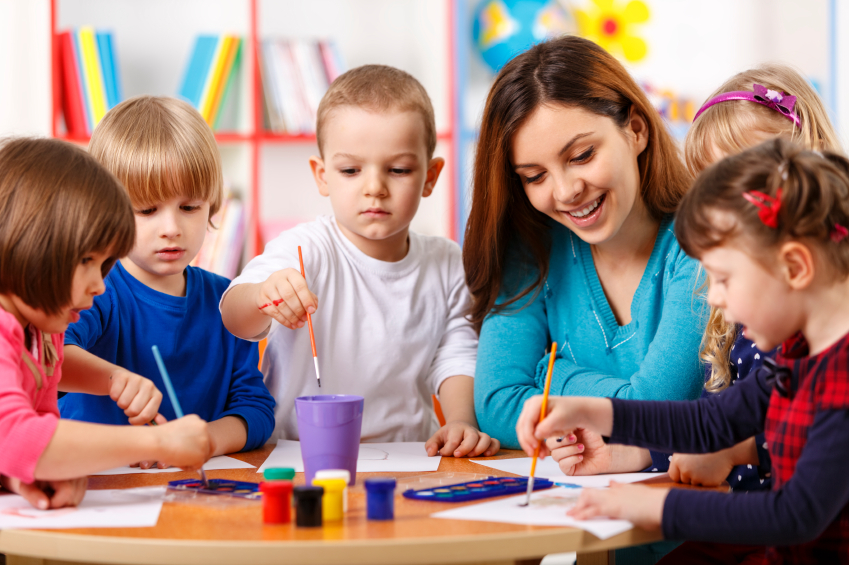
To enhance your special needs child‘s social skills, incorporating structured play activities into their routine can be highly beneficial. Play therapy, a form of intervention that uses play to help children express themselves and learn new skills, can be particularly effective in promoting social development. Through structured play activities, your child can improve their communication, emotional regulation, and social interaction abilities in a safe and enjoyable environment.
Engaging in play therapy sessions tailored to your child’s needs can provide them with opportunities to practice turn-taking, sharing, and problem-solving skills. These activities are designed to be fun and engaging while also targeting specific areas of social development. By participating in structured play, your child can learn how to navigate social situations, understand non-verbal cues, and build relationships with peers.
Incorporating play therapy into your child’s routine can help them develop the necessary skills to interact with others and form meaningful connections. Remember, every moment of play is a chance for your child to learn and grow socially.
Positive Peer Interactions
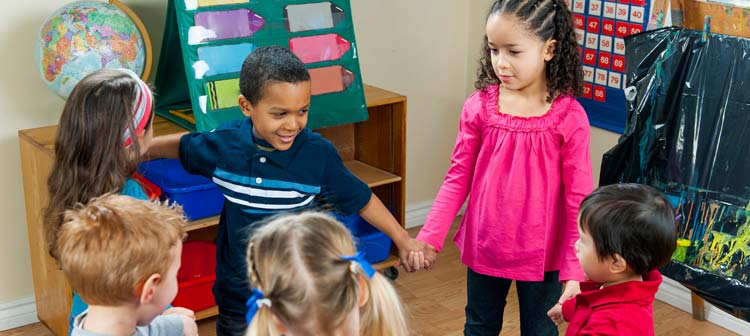
Encouraging your child to engage in positive peer interactions can greatly support their social skills development. Peer encouragement plays an essential role in fostering a sense of belonging and acceptance within a group setting. By participating in group activities, your child can learn valuable friendship-building and teamwork skills. These interactions provide opportunities for them to practice effective communication, cooperation, and empathy.
Friendship building is an essential aspect of positive peer interactions. Encourage your child to initiate conversations, share interests, and actively listen to their peers. Through these interactions, they can develop a sense of camaraderie and mutual respect with others.
Teamwork skills are also honed through collaborative activities where children work together towards a common goal. Encourage your child to take on different roles within the group, fostering a sense of responsibility and collaboration.
Social Skills Training
Help your child develop their social skills through structured social skills training programs designed to enhance their communication, cooperation, and empathy abilities.
Social skills workshops provide a supportive environment where children can learn and practice essential social interactions. These workshops often incorporate role-playing exercises, group activities, and discussions to help children improve their communication and cooperation skills.
Group therapy is another effective way to enhance social skills. In group therapy sessions, children can learn from observing and interacting with their peers. They can practice important social behaviors, such as taking turns, sharing, and expressing emotions in a safe and supervised setting.
Social skills coaching offers personalized guidance to help children navigate social situations more effectively. Coaches work one-on-one with children to identify areas for improvement and develop strategies to enhance their social skills.
Play therapy is a fun and engaging way for children to work on their social skills. Through play, children can learn important social concepts, such as taking turns, following rules, and cooperating with others. Play therapy sessions are designed to be both educational and enjoyable, helping children develop their social skills in a relaxed and interactive setting.
Communication Strategies
Let’s explore effective communication strategies for special needs children.
Visual aids can help convey messages clearly and facilitate understanding.
Role-playing activities can also assist in teaching social cues and improving interaction skills.
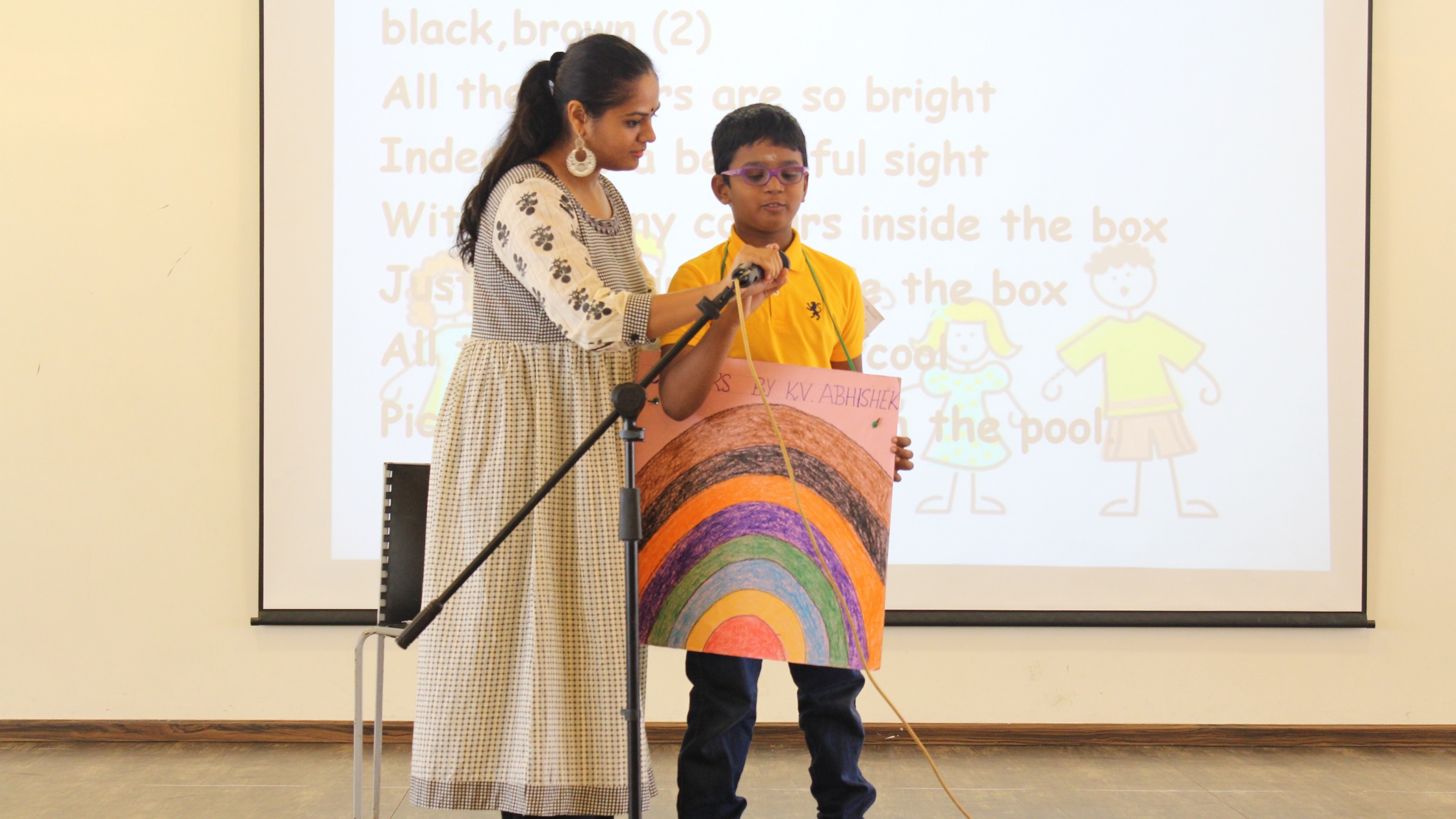
Visual Aids for Communication
Visual aids, such as picture cards or communication boards, can greatly enhance the communication skills of special needs children.
Visual schedules and social stories provide a structured way to help children understand routines and social situations.
Picture exchange systems allow children to communicate their needs and desires by selecting images that represent what they want to convey.
Communication boards, which display a variety of symbols or words, offer a way for children to express themselves even if they struggle with verbal communication.
Role-Playing for Social Cues
Role-playing scenarios can be an effective method for teaching special needs children social cues and communication strategies in a practical and interactive way. By engaging in creative scenarios, children can actively practice recognizing and responding to nonverbal cues. Through interactive scenarios, they can learn to interpret body language cues, such as facial expressions and gestures, which are essential for understanding social interactions.
During role-playing activities, encourage children to take on different roles and navigate various social situations. For example, they can practice initiating conversations, maintaining eye contact, and understanding personal space boundaries. By immersing themselves in these scenarios, children can develop confidence in their social abilities and improve their communication skills.
As a caregiver or educator, provide feedback and guidance throughout the role-playing exercises. Offer praise for positive interactions and gently correct misunderstandings or inappropriate responses. Remember, the goal is to create a supportive environment where children feel comfortable experimenting with different social behaviors and learning from their experiences.
Emotional Regulation Techniques

Implementing effective emotional regulation techniques is essential for assisting special needs children in managing their emotions and building social skills. Mindfulness exercises, deep breathing, yoga therapy, and relaxation techniques play an important role in helping these children develop the skills needed to navigate social interactions successfully.
Mindfulness exercises can aid special needs children in becoming more aware of their thoughts and feelings, enabling them to better regulate their emotions. Encouraging deep breathing techniques can help them calm down during moments of distress or anxiety, fostering a sense of control over their reactions.
Additionally, incorporating yoga therapy can provide physical and emotional benefits, promoting relaxation and reducing stress levels.
Relaxation techniques such as guided imagery and progressive muscle relaxation can also be beneficial in teaching special needs children how to unwind and manage their emotions effectively. By incorporating these techniques into their daily routine, caregivers and educators can empower these children to enhance their emotional regulation skills and ultimately improve their social interactions.
Sensory Integration Interventions
Improving sensory integration through targeted interventions can greatly benefit special needs children in enhancing their overall well-being and social interactions.
A sensory diet, consisting of activities tailored to meet individual sensory needs, can help regulate a child’s responses to sensory input, leading to improved focus and interaction.
Play therapy, which incorporates sensory experiences into play sessions, offers a fun and engaging way for children to explore different sensations and learn how to appropriately respond to them.
Sensory integration interventions aim to help children better process and respond to sensory information, such as touch, taste, sound, and movement.
By incorporating sensory activities into daily routines, caregivers and therapists can support children in developing coping mechanisms for sensory challenges.
These interventions not only enhance sensory processing but also contribute to improved social skills and overall quality of life for children with special needs.
Social Stories and Role-Playing
Utilizing social stories can play a pivotal role in enhancing special needs children‘s social skills development. Social stories are personalized narratives that help children understand social situations, behaviors, and expectations. By incorporating storytelling techniques tailored to the child’s needs, these stories can effectively teach important social skills in a relatable and engaging way.
Role-playing is another valuable tool for special needs children to practice social cues in a controlled environment. Through role-playing scenarios, children can actively engage in social interactions, experiment with different responses, and learn appropriate behaviors. This hands-on approach allows them to gain confidence and improve their social skills through practice.
Peer-Mediated Interventions
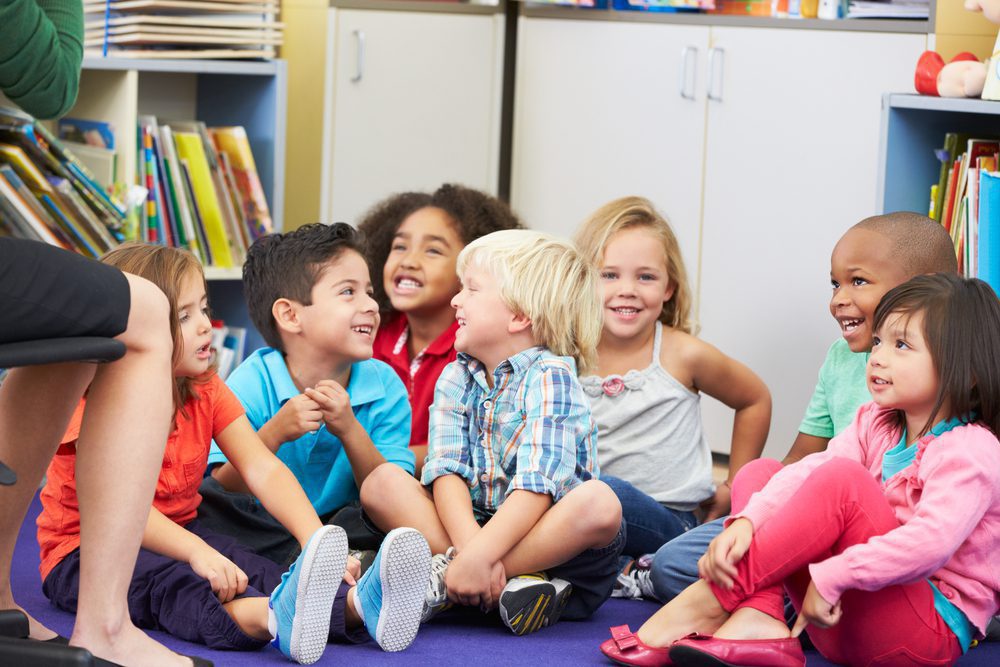
Now, let’s explore the effectiveness of Peer-Mediated Interventions in enhancing social skills for special needs children.
By involving peers in the intervention process, children receive valuable support that promotes positive social interactions.
Additionally, having peers as role models can further encourage and reinforce appropriate social behaviors.
Peer Support Benefits
By engaging peers in structured activities, children with special needs can benefit from enhanced social skills through peer-mediated interventions. Peer support plays an important role in promoting social interaction and communication skills.
Peer mentoring programs provide a platform for special needs children to interact with their typically developing peers, fostering understanding and acceptance. Social clubs offer a structured environment where children can engage in group activities, promoting teamwork and socialization. Additionally, group therapy sessions provide a safe space for children to practice social skills under the guidance of trained professionals.
Community events also offer opportunities for special needs children to interact with peers in a relaxed setting. These events foster inclusivity and help children develop social confidence. Through peer support, children can learn valuable social cues, improve their communication skills, and build lasting friendships.
Encouraging peer interactions in various settings provides special needs children with a supportive network that enhances their social and emotional development.
Social Interaction Strategies
To enhance social interaction skills in special needs children, implementing peer-mediated interventions can be highly effective in promoting positive social behaviors and communication development.
Social skill building techniques, such as structured group activities and role-playing scenarios, can help special needs children learn appropriate ways to interact with their peers. Therapeutic play, where children engage in guided play sessions with their peers, can also aid in developing social skills and fostering communication development.
Peer interaction strategies play an important role in helping special needs children improve their social skills. Encouraging positive peer interactions, facilitating group discussions, and providing opportunities for collaborative projects can enhance communication development and promote social engagement. By creating a supportive and inclusive environment where special needs children can interact with their peers, these interventions can foster empathy, understanding, and friendship among all children involved.
Positive Role Models
Implementing positive role models through peer-mediated interventions can greatly enhance social skills development in special needs children. Mentorship programs that pair special needs children with neurotypical peers can provide valuable social interaction opportunities. Through these programs, children can learn social cues, communication skills, and build friendships in a vital environment. Community involvement plays an essential role in fostering positive relationships and enhancing social integration.
Additionally, positive role models from various sources such as celebrities can also influence special needs children positively. By highlighting individuals who demonstrate kindness, empathy, and inclusivity, children can learn important social values. Positive reinforcement of social skills and behaviors exhibited by these role models can further encourage special needs children to practice and internalize these traits.
Collaborative Play Groups
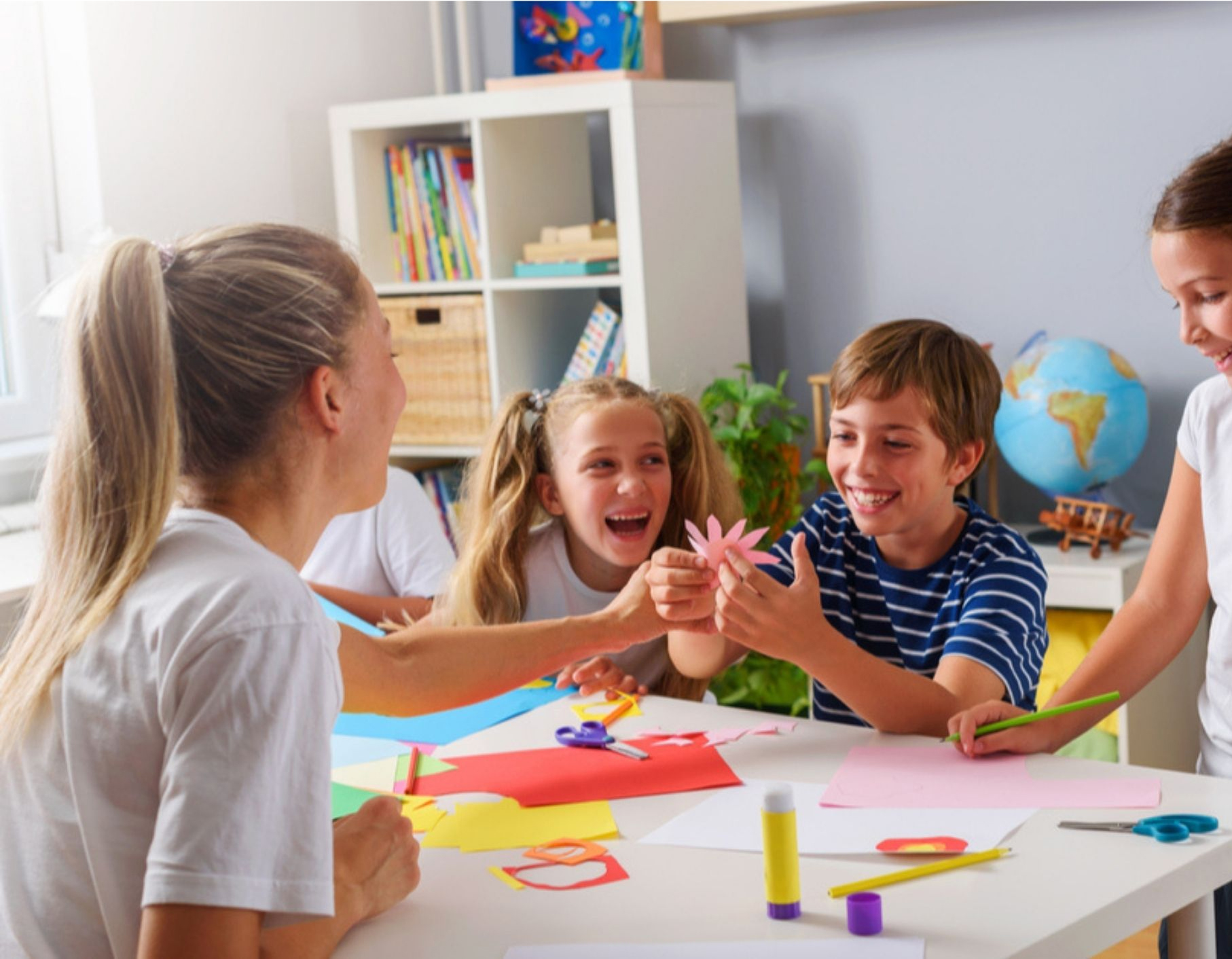
Engage special needs children in collaborative play groups to facilitate social interaction and skill development. These groups provide a supportive environment for children to engage in team-building activities, problem-solving tasks, and creative play. By participating in collaborative play, children can learn essential social skills such as communication, cooperation, and empathy.
Collaborative play groups offer a structured setting where children can practice turn-taking, sharing, and working together towards a common goal. Through collaboration, children learn how to express their ideas, listen to others, and negotiate conflicts, fostering positive social interactions.
Additionally, engaging in creative activities within the group helps children develop their imagination and problem-solving abilities.
Encouraging special needs children to join collaborative play groups not only enhances their social skills but also boosts their self-confidence and sense of belonging. These groups provide a safe space for children to interact, learn from one another, and form meaningful connections. By promoting teamwork, collaboration, and creativity, collaborative play groups can greatly contribute to the social development of special needs children.
Parent and Caregiver Support
As a parent or caregiver of a special needs child, finding support is essential for both you and your little one. Support groups offer a safe space to share experiences, gain insights, and build a network of understanding individuals.
Additionally, online resources provide convenient access to information, tips, and community forums where you can connect with others facing similar challenges.
Support Groups
Support groups for parents and caregivers of special needs children provide invaluable emotional support and resources to navigate the challenges of raising a child with unique needs. Engaging in group therapy sessions allows you to connect with peers who understand the journey you’re on, fostering a sense of community and understanding. These connections can be a source of comfort and valuable advice as you navigate the complexities of caring for a special needs child.
Virtual meetups have become increasingly popular, offering a convenient way to participate in support groups from the comfort of your home. Shared experiences within these virtual spaces can help you feel less isolated and more supported in your role as a parent or caregiver. Being able to connect with others facing similar challenges can provide a sense of solidarity and reassurance, reminding you that you aren’t alone in this journey.
Embracing the support of these groups can empower you to better advocate for your child and take care of your own well-being.
Online Resources
Consider exploring online resources tailored to parents and caregivers of special needs children to find valuable support and guidance.
Online forums provide a platform for sharing experiences and seeking advice from individuals facing similar challenges. Engaging in virtual workshops can offer practical strategies and tips for enhancing your child’s social skills in a supportive online setting.
Social media platforms can connect you with a vast community of parents and experts in the special needs field. These spaces often host discussions, share resources, and provide a sense of belonging and understanding.
Educational websites curated for parents of special needs children offer articles, videos, and tools to expand your knowledge and skills in supporting your child’s social development.
Frequently Asked Questions
How Can Technology Be Integrated to Enhance Social Skills Development?
To enhance social skills development, you can integrate technology like virtual reality for immersive social skills training. Interactive apps offer a platform for practicing social interactions in a safe and engaging way, promoting growth and confidence.
Are There Specific Strategies for Dealing With Aggressive Behavior?
When handling aggressive behavior, focus on anger management techniques. Encourage positive reinforcement to reinforce good behavior. Stay patient and consistent in your approach. Remember, managing aggression requires understanding and support to help the child grow positively.
What Role Do Pets or Animals Play in Improving Social Skills?
Having pets or animals can greatly enhance social skills through animal-assisted therapy or pet therapy. Interacting with animals can provide comfort, improve communication, and foster emotional connections, benefiting individuals, especially those with special needs.
How Can Art Therapy Benefit Special Needs Children’s Social Skills?
Engaging in art therapy can greatly benefit special needs children’s social skills. Through creative expression in music, play, drama, and movement therapy, individuals can build confidence, improve communication, and develop meaningful connections with others.
Are There Any Outdoor Activities That Can Aid in Social Skills Development?
Engaging in outdoor playgroups and nature walks can greatly aid in developing social skills. These activities provide opportunities for interaction, communication, and cooperation with peers, fostering a sense of belonging and enhancing social abilities.
Conclusion
In summary, implementing these techniques can greatly improve the social skills of children with special needs. By providing structured play activities, positive peer interactions, and social skills training, you can help them build important connections and navigate social situations with confidence.
Communication strategies, emotional regulation techniques, and social stories can also aid in their development. Remember, support from parents and caregivers is vital in creating a supportive environment for growth.
Keep up the great work in helping these children thrive socially.

Hey there! 👋 I’m a proud mom and passionate writer, sharing my parenting journey. 📝 Join me as I navigate the ups and downs of motherhood, offering tips, advice, and a sprinkle of humor along the way. 🌟

